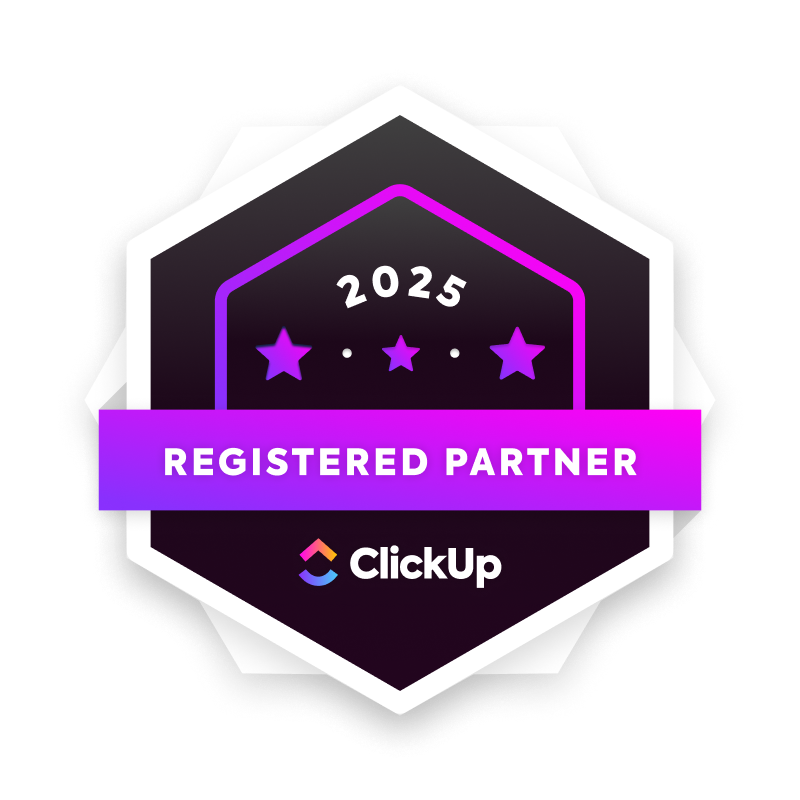Custom Software Boosted Growth & Revenue by 100M Euros
Introduction
In 2021, we were approached by a German medium-sized partner with the ambition to enter an dominate the subsidy market for electric vehicles (EV quota).The business plan was based on the fact that a recent German law made individuals and companies operating electric cars, buses and trucks, as well as public charging points, eligible for subsidies from the German state. For our partner to succeed in this highly regulated sector, an efficient, scalable software solution that could handle large amounts of consolidated data and also meet regulatory requirements was essential.
The Challenge
To apply for the subsidies, the German authorities required data in a pre-defined format from applicants, including vehicle registration, electricity consumption of charging stations, various certificates and contracts. This involved processing tens of thousands of documents and with this amount of data, traditional methods such as emails are simply unmanageable. The data had to be processed, structured and then transmitted to the authorities without delay, while ensuring continuous follow-up to avoid quota losses.
Thus, our partner's sales and legal department was faced with enormous complexity and also a huge administrative burden. They had to cope with several different workflows and use cases and needed a solution that would simplify internal processes while meeting legal requirements.
An additional challenge was that both the relevant law and the administration of the authorities were constantly changing as they started to be applied in practice.
The Solution
As a first step, we needed a business analysis that showed the complexity of the process in its entirety and helped us identify opportunities for simplification. We started this work by mapping the primary activities of the sales and legal department. Existing practice in the company distinguished six use cases for handling customer data and subsidy applications. The analysis allowed us to reduce these to three simplified workflows without compromising legal and business expectations. This also significantly reduced the complexity of the software design and development process.
Thus, in only three months, we delivered the first, fully functional version of the custom software application. Our solution addressed the following key challenges:
- Document Management and Data Processing: the heart of the software was an automated data collection and sorting module that processed traffic permits, electricity consumption and contracts. This completely replaced manual document management and reduced the occurrence of administrative errors to almost zero.
- Regulatory Compliance:The software was developed using an agile methodology to allow flexibility in implementing changes in legislation and administrative changes by the authorities. The system was updated in real time, so it was able to adapt to new rules very quickly and smoothly.
- Cloud Deployment and Maintenance: We deployed the application in our partner's cloud system for easier access and better integration. In addition to software development, we provided ongoing maintenance through a DevOps service. The result was reliable performance, scalability and data security.
Results
Thanks to the custom software solution, our partner rapidly scaled up its business, gaining more than 30% of the EV quota market. The system we built allowed them to efficiently handle large volumes of data, comply with stringent government regulations, and avoid potential quota losses.
The most apparent result was the yearly revenue increase of over 100 million euros, a significant boost directly attributable to the operational efficiency and scalability enabled by the custom software.
Key Takeaways
- Simplifying Complex Processes: By reducing the six use cases to three, we were able to save significant time and effort in software development, while improving the operational efficiency of the company, allowing the sales and legal teams to focus on strategic tasks rather than administration.
- Adapting to Changing Regulations: Thanks to our development methodology, we were able to implement new business needs quickly. This allowed our partner to stay one step ahead of regulatory changes, giving them a competitive advantage.
- Seamless Integration and Scalability: Using the cloud and maintaining it regularly proved to be a good business decision, as it allowed us to address the scalability issue and keep the software running smoothly, even with the explosive growth in customer numbers.
Conclusion
This case is a prime example of how a custom software solution can transform a business, allowing it to adapt to regulatory challenges, handle complex data management tasks, and scale its operations. Our partner's success in securing more than 30% of the EV quota market and increasing their revenue by over 100 million euros shows the immense potential of the right technology, built and adapted to a company’s specific needs.
If you're looking to scale your business and increase revenue with custom software, contact us today to explore how we can help you achieve similar success.


